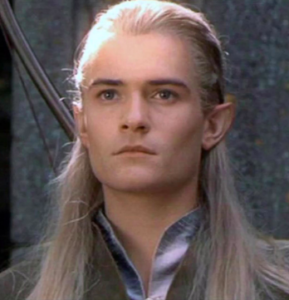 Legolas trained his ear on Caradhras, “There is a fell voice on the air.”
Legolas trained his ear on Caradhras, “There is a fell voice on the air.”
The entrails of lynx and the hump of hyena divine the portents. Palm readers foretell young widows, poverty and bankruptcy.
Doctors plumbed new depths this weekend. Starving sailors cast lots on whom to eat first. After six years of cuts, OMA council seems to have voted to attack colleagues. Rob Peter to pay Paul. Is the profession imploding?
When the day looks darkest, and the opposition insuperable, it is the worst possible time to cast lots on whom to throw overboard.
You might as well surrender. You have lost the ground to govern. No amount of rhetoric can justify support for even greater cuts to specific sections at the depths of the deepest cuts of all times. Continue reading “Government Wins if Doctors Win – Doctors’ Darkest Hour”


